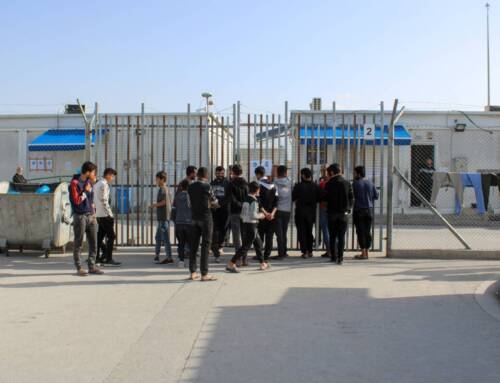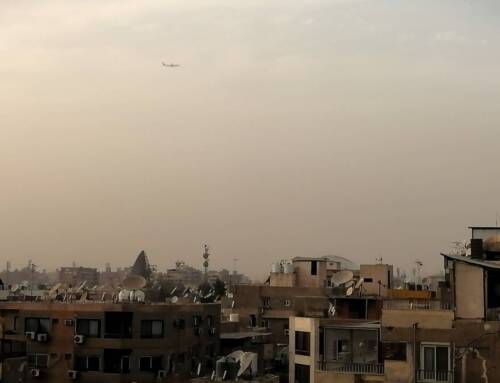Opposition claims 90% of A-Raqqa province ‘liberated,’ Scud hits village
February 27, 2013 Homes damaged in what opposition media claims […]
27 February 2013
February 27, 2013
Homes damaged in what opposition media claims was an air bombardment by regime forces on the al-Tabqa region of a-Raqqa province on Tuesday. Video courtesy of the Sham News Network.
By Nuha Shabaan
In-depth: More about developments in A-Raqqa here and here.
Explosions, gunfire and bombings were reported in the opposition media on Wednesday in the remote A-Raqqa province, east of Aleppo in the country’s north.
Sham News Network reporter told SAS News that a Scud missile fell in the village of Mahmodalli in the northern region of al-Taqba, near the Euphrates Dam.
The largely tribal province is of strategic importance because of the Euphrates Dam, which provides Syria’s water and electricity supply. The dam reportedly fell to the FSA in recent weeks, a claim that could not be independently verified.
“When the regime lost this dam, they lost control over the entire western rural areas,” said Zayd al-Forati, an independent video journalist based in A-Raqqa city, the provincial capital.
The Sham News Network reported aerial bombardments and mortar shelling on Wednesday across the province. The rebel-held area of al-Tabqa was reportedly bombed by army forces stationed at the town’s military airport, according to the Syrian Observatory for Human Rights.
The Syrian Observatory reported that the FSA is occupying al-Taqba with the backing of militant Jabhat al-Nusra fighters. The FSA is armed only with weapons the confiscated from security buildings they have commandeered, Suleiman said.
The Yarmouk school in A-Raqqa’s capital was bombed by the regime on Tuesday, the Observatory reported. “There weren’t any students in it but it was full of displaced families,” al-Forati said. Four people were reported killed in the attack and more than 20 injured, he added.
The official media had no apparent coverage of recent events in A-Raqqa.
The local authorities used to organize pro-Assad rallies, but Suleiman and other opposition activists say almost all the province has fallen to rebel control.
“The government was able to control A-Raqqa and its rural areas entirely in the early months of the revolution,” said Abo Suleiman, a member of the opposition Syrian Revolution Committee in A-Raqqa.
Now, “more than 90% of A-Raqqa has been liberated and the regime does not have any control outside its security facilities,” al-Forati said.
If the regime’s tribal support base is not completely eroding, it appears to at least be moving to more neutral ground. It is a contrast from last October, when local tribal leaders gathered in Damascus to pledge their loyalty to the regime, “reiterating their stand against the conspiracy…[and] all forms of foreign interference in Syria’s internal affairs,” the official SANA agency reported at the time.
Still, the tribes appear to be playing both sides. Some have been armed by the regime and participate in the shabiha militia, al-Forati said, while others “don’t play a role in the revolution and say they have nothing to do with it.” The journalist said some tribes prefer to stay on the sidelines “out of fear for a regime that has no concern for the young or the elderly.”
Early into the revolution, the regime “armed the members of [the ruling] Baath Party and authorized them to oppress protests and kill people,” al-Forati said. Most recently, the party’s provincial branch formed a force last week called the “National Army,” Suleiman said, “whose recruits are about 20 years old and were given cars and money to terrify the whole city.” Separately, Zaid al-Forati confirmed the account, saying the militia “assaults the citizens, mocks them and steals from them.”
With additional reporting from Abbas Deiri and Jacob Wirtschafter.








